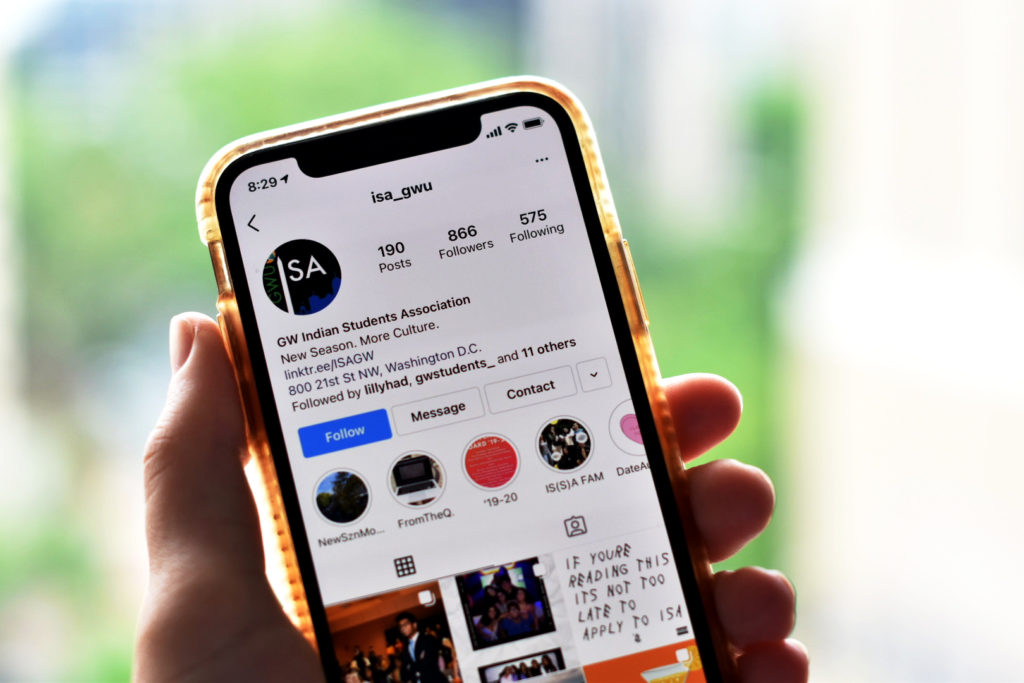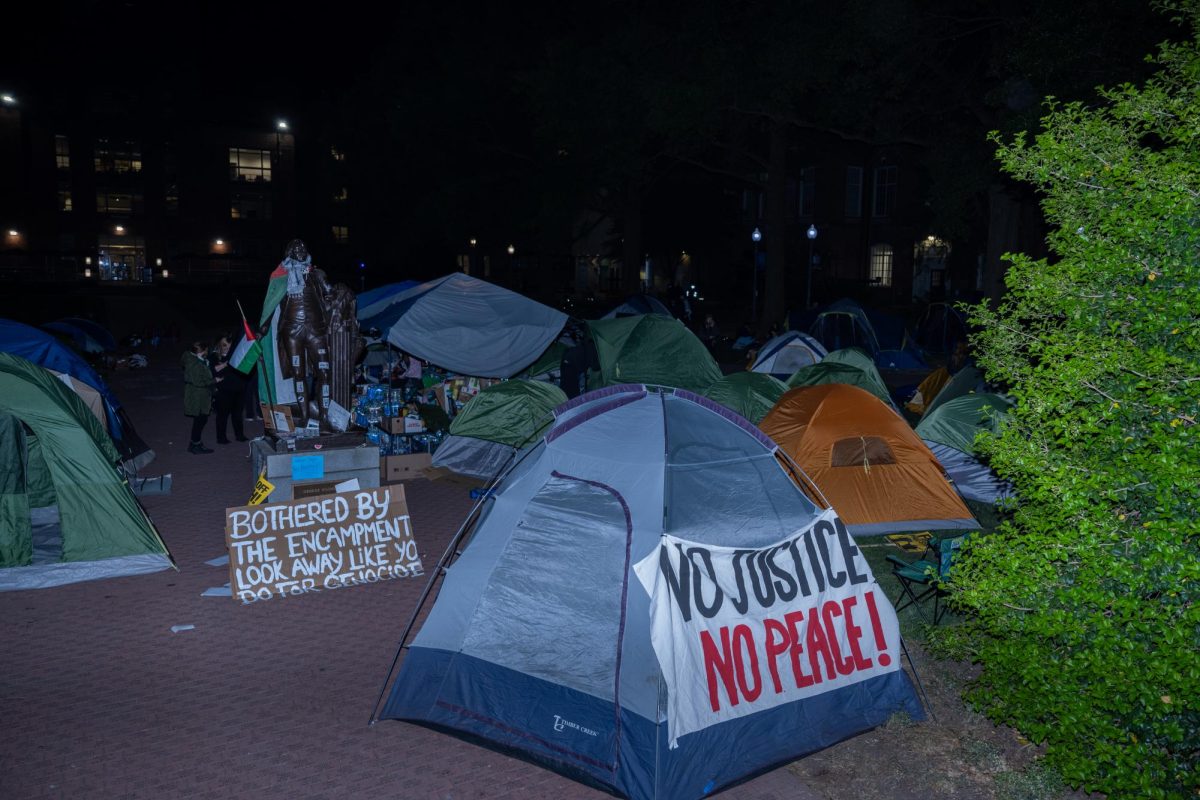In light of India’s recent devastating COVID-19 case surge, South Asian students are turning to activism to aid the country through the crisis, while simultaneously grappling with their own grief.
Members of the Indian Students’ Association said they’re working to address the pandemic’s severity in India with awareness and fundraising initiatives, connecting with marginalized communities in the country through remote communication and organized activism via social media. India’s COVID-19 cases currently surpass 24 million, and the virus is now spreading into villages where health care is difficult to find, surrounding the urban areas most impacted by the pandemic’s first wave.
Deisha Brahma, the president of the Indian Students’ Association, said ISA is currently in the planning stages of their activism campaign, which the organization launched Saturday. Brahma said she hopes the campaign can raise money for student and international aid organizations to uplift Indian voices who are impacted by the crisis and typically overlooked by Western countries.
“A lot of the time, especially in the diaspora, a lot of Western voices often dominate the issue,” Brahma said. “There’s just not as much grassroots commentary or effort. It’s the people who are actually impacted that don’t often get a voice. So one thing we’re working on is actually using our platform as GW ISA, to highlight and amplify Indian voices that can talk about what the conflict is like on the ground.”
Brahma said the ISA is working to direct the campaign work toward the more rural communities in India because they tend to have less access to medical materials like gloves and masks.
“Gloves and masks are just not as accessible,” she said. “We’re looking into donating money that goes towards that, going towards rural communities, because India is so big and so vast, and often a lot of people only give money towards certain areas in India.”
Brahma said ISA’s campaign will focus on raising money for four different organizations, the Transgender Welfare Equity and Empowerment Foundation, Khalsa Aid, Indian Muslim Relief and Charities and a verified grassroots GoFundMe providing aid to crematorium workers.
She said all funds will be equally distributed across all four charities, and ISA is looking for interested organizations and charities to match donations. All donations will be collected through ISA’s Venmo, @GW-ISA.
Sneha Ranade, ISA’s director of programming, said she and other students have connected with family in India through WhatsApp to relay first-hand stories about living through the pandemic. The family members and students communicate through a large group chat, allowing students to stay connected and ask how to best raise awareness at GW and in the United States.
“We’re all going to be sending a message to our WhatsApp families asking how to raise awareness about the COVID-19 crisis in India, highlight voices and ask if any of them want to speak on it and amplify their experiences if they want to provide,” she said.
Ria Christina Vargis, a freshman studying engineering, said her biggest concern was how the Indian government’s mishandling of the pandemic, India’s overwhelmed health care system, a lack of vaccines and high population density expedited the spread of the virus. She added that the new COVID-19 mutation in India is deadly, and thousands of bodies are cremated everyday – a representation of the massive loss of life in the country.
She said Prime Minister Narendra Modi’s Bharatiya Janata Party, currently ruling in India, has not provided people with the proper coronavirus resources like oxygen cylinders. Vargis said Modi’s “ignorant” behavior has cost the country tens of thousands of lives.
“The way the Modi government is doing anything but governing the country makes my blood boil,” Vargis said.
Vargis said she had a loved one who passed away in India due to the lack of oxygen cylinders.
Harita Iswara, a junior studying international affairs and political science, said her parents did not know the gravity of the pandemic in India until hearing first-hand accounts from family about what her uncle, who contracted the coronavirus, was going through.
“They were telling my parents how bad the situation was, with the number of funeral pyres being lit, how many people are getting sick and just dying if they get extremely sick because they can’t be admitted to the hospital,” she said. “My dad called his best friend who runs a hospital, and he was saying that there are like 100 people waiting just for one hospital bed and that they were running extremely low on oxygen.”
Ranade said she sees social media as the “biggest” vehicle for change with the pandemic in India, informing others how to help and raise awareness for events in India that do not get mainstream media coverage. She said social media helped expose the Delhi farmer protests, which involve agricultural workers protesting moves by the Indian government to deregulate wholesale trading in the country earlier this year.
“If it wasn’t for different social media, like Twitter and Instagram, Snapchat, I would not even know about half the issues that are happening in the world, and the fact that I can connect to my family in India through social media such as Instagram, WhatsApp, all of these platforms,” she said. “And I can learn about what they’re going through.”
She said to prevent social media users from falling into performative activism, she encourages them to contribute their own writing and research where their donated money is going to engage with what they repost.
Ranade said balancing the grieving process with activism has been challenging, but being more active in spreading awareness has helped with her grieving process.
“If you can save one life and a family doesn’t have to go through what I went through, that’s all that matters, honestly,” Ranade said.








